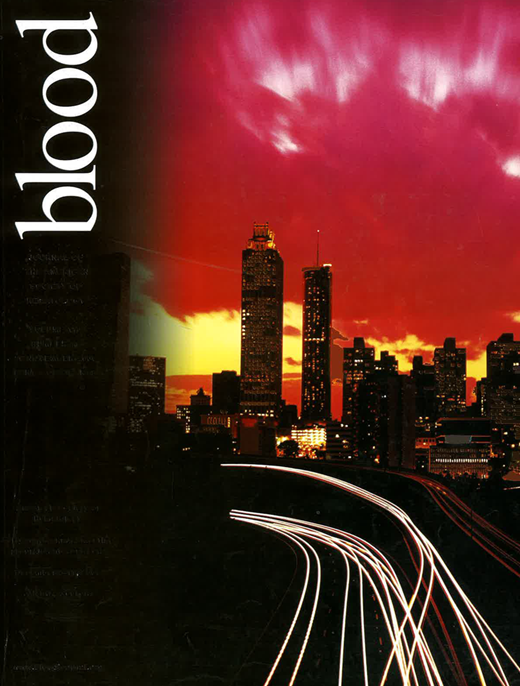Abstract
Background: Relapsed/refractory MCL is difficult to treat. R targets CD20 antigen on the surface of MCL cells while Len may target the microenvironment of MCL cells and enhance the ADCC activity of R. To test this hypothesis, we initiated a single-center, phase I/II study. We now report the data from the completed phase I trial and the ongoing phase II trial.
Methods: Eighteen eligible patients (pts) with MCL had 1–4 lines of prior therapies. None had prior thalidomide and all received R. Treatment consisted of Len given orally daily on days 1–21 of a 28-day cycle and R 375 mg/m2 by IV infusion weekly for 4 weeks only during the first cycle with the first dose on Day 1 in Cycle 1. A standard 3+3 dose escalation was used to determine MTD with Len doses at 10 mg, 15 mg, 20 mg, and 25 mg. DLT was defined as grade (G) 3 or 4 non-hematologic or G4 hematologic toxicity during the first cycle. Phase I has been completed with 15 pts. Phase II is ongoing with 3 pts enrolled at MTD. Total 80 cycles of therapy were given to 18 pts. In addition to the regular radiology evaluation, a separate radiology evaluation was performed independently. EGD and colonoscopy with random biopsies were performed to confirm all CRs.
Results: In the phase I study, median age was 73 (62–84); median prior therapies were 3 (1–4); median cycles received to date (August 18, 2007) were 4 (range 1–14). Two DLT’s occurred at 25 mg. One G3 hypercalcemia and 1 G 4 non-neutropenic fever during the first cycle. After total 80 cycles of therapy in 18 patients, except for the 2 DLT’s, common non-hematologic toxic events included fatigue (23 G1-2), pruritis (18 G1-2), myalgias (5 G1-2, 1 G3) and rash (5 G1-2). There was no DVT/PE. Grade 3 hematologic toxic events included neutropenia (11), febrile neutropenia (2), and thrombocytopenia (2). The only grade 4 hematologic toxic events were neutropenia (5). There was no grade 3–4 anemia. There were no responses at 10 mg or 15 mg. Ten pts at MTD (20 mg) including 7 in phase I plus 3 in phase II were evaluable for response. Seven out of 10 pts achieved responses including 3 CRs (30%), 4 PR’s (40%), 1 SD and 2 PD’s. Therefore, the overall response rate was 70%. Media time to response was 2 cycles (range 2–4).
Conclusions: The MTD for Len with R in relapsed/refractory MCL was 20 mg, orally daily on days 1–21 of a 28-day cycle. Early evidence of response is promising with a very favorable toxicity profile at 20 mg and is being further evaluated in the ongoing phase II trial.
Author notes
Disclosure:Employment: Neda Bell, Catriona Byrne, Robert Knight and Jerry Zeldis are emplorees of Celgene. Consultancy: Luis Fayad is a consultant for Genentech. Ownership Interests: Neda Bell, Catriona Byrne, Robert Knight and Jerry Zeldis are emplorees of Celgene and have ownership interests (including stock options).; Neda Bell, Catriona Byrne, Robert Knight and Jerry Zeldis are emplorees of Celgene and have ownership interests (including stock options). Research Funding: Michael Wang received research funding from Celgene. Honoraria Information: Michael Wang received honoraria from Celgene. Membership Information: Michael Wang is on Speakers Bureau of Celgene. Jorge Romaguera, Luis Fayad and Frederick Hagemeister are on the Speakers Bureau of Genentech. Off Label Use: I’ll discuss the usage of lenalidomide and rituximab in a clnical trial. This combination has not been approved by FDA.

